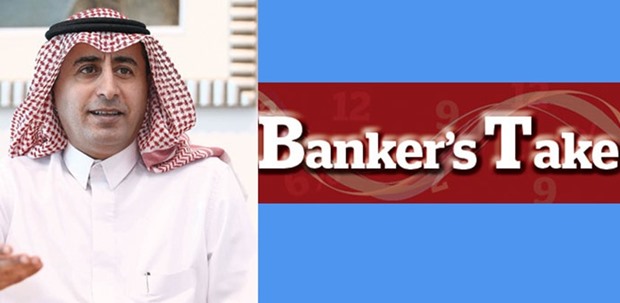Continuing our assessment of Qatar’s economic diversification in Gulf Times, the creation by the Qatari government of Qatar Investment Authority (QIA), a sovereign wealth fund, in 2005 is a reflection of Qatar’s strategic view of how to shape its economic future as well as its capacity to operate in the global financial markets.
With assets estimated to be around $300bn, QIA’s prime objective is to achieve revenue diversification and to minimise risk from Qatar’s reliance on energy prices.
Through the QIA, its subsidiary Qatari Diar, and other funds such as Qatar Foundation Endowment and Qatar Sports Investment, investing once massive surpluses of oil and gas revenues in a manner that supports the long-term prospects of the economy of Qatar has been a priority for the government.
Qatar follows in the footsteps of other sovereign wealth funds from Norway, Kuwait, Singapore and China. Kuwait was the first state to come up with the idea in the 1970s of diversifying its economy by investing surplus oil revenues into global asset classes to create a fund to guarantee national income once oil revenues tail off. Although it is the youngest sovereign wealth fund in the GCC, the QIA quickly made a name for itself with some high-profile acquisitions.
The QIA guides investment in asset classes such as equities, direct investment, fixed income and private equity but in contrast with other funds in the region, the QIA generally wishes to do deals directly, rather than allocate their capital to private equity funds.
The strategy of the QIA is to invest its surplus funds in a mixture of asset classes in a variety of places.
At home, the QIA owns stakes in a number of Qatari companies such as QNB, Qatar Airways, Qatar Islamic Bank and Ooredoo, but the Qatari private sector alone cannot accommodate the welcomed challenge of investing massive wealth generated from hydrocarbons and since its establishment, the QIA has been very active and successful in acquiring assets abroad. France and the UK represent a large portion of these investments, with the QIA owning stakes in Barclays, Glencore, Sainsbury’s, the London Stock Exchange, and Harrods, as well as iconic London landmarks such as The Shard, No 1 Hyde Park, Chelsea Barracks and the Olympic Village.
The QIA has a long list of partnerships in France, and Germany (notably through a stake in the Volkswagen Group), Greece and Italy have also seen significant investments. More recently, QIA has reduced its focus on investments in Europe, with new acquisitions centred in the US (including the famous Empire State Building), Asia and a stake in a Russian airport.
The investment portfolio of the QIA has increased dramatically in recent years and this appetite for acquisitions is motivated by the government’s wise strategy of investing its hydrocarbon wealth to guarantee future economic sustainability. Since the ability of Qatar’s private sector to reinvest surpluses is limited, this makes the government’s role via the QIA of paramount importance for its economic diversification strategy.
The success of this strategy is especially apparent in the current period of low oil prices with QIA investments not only providing alternative sources of income but the huge amount of foreign assets held by the QIA have been successful in protecting Qatar’s strong sovereign credit rating. Qatar is wisely funding fiscal deficits via debt issuance rather than by selling off the QIA’s assets and investors confident that Qatar will honour its debt obligations even over an extended period of low oil prices.
* Dr Abdulaziz A al-Ghorairi is senior
vice-president & group chief economist and head of asset management at Commercial Bank.

.
